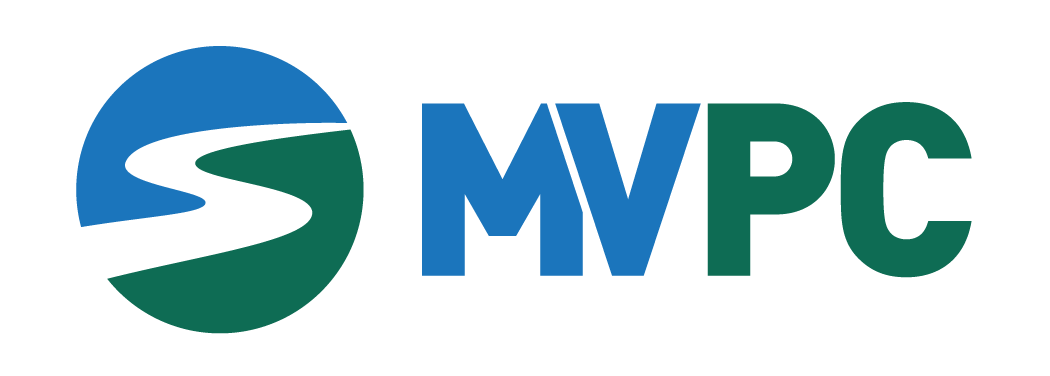Combined Sewer Overflow (CSO) events and their associated water quality degradation have been a long-standing concern for communities abutting the Merrimack River. In recent years, this phenomenon has garnered increased attention at the municipal and state level as research on its impacts are explored. In an effort to protect public health, the state sponsored legislation promoting awareness of sewage pollution in public waters (314 CMR 16.00) that was signed into law last year. This Act requires municipal Boards of Health adjacent to CSO outfalls to publicly notify their communities following the onset of CSO events to ensure safety during times of compromised water quality. To support Merrimack Valley Boards of Health with compliance and to better inform citizens about water quality, MVPC pursued and has been awarded funds from the State’s Community Compact Cabinet Efficiency and Regionalization Grant Program to update and expand its CSO Early Alert Tool for the Merrimack River.
“This effort will greatly advance public awareness and safety by developing a comprehensive regional public notification system for CSO events in the lower Merrimack River.” Said Jerrard Whitten, Executive Director at MVPC. “While wastewater treatment plants currently do an excellent job providing notification via electronic alerts, they are often limited in the audience they reach and the extent to which they are able to provide information to the broader river-use community.”
This project will enhance citizen access to water quality information along the Merrimack River after CSO events so the general public can make informed decisions regarding use of the resource. Work will be conducted to improve MVPC’s prototype Early Alert Tool, a CSO notification web resource created under the Merrimack River District Commission (now Merrimack River Collaborative). This tool will be expanded in scope to predict water quality after CSO events in segments of the river downstream of the Lowell Wastewater Treatment Plant, and adjustments will be made to enhance the accuracy of the tool’s predictive modeling.
“Combined sewer overflows typically occur following wet weather events and cause elevated bacteria levels which can persist hours to days after an event occurs.” Said Cecelia Gerstenbacher, Environmental Program Coordinator at MVPC. “This situation becomes particularly concerning when bacteria levels from CSO events exceed Massachusetts water quality standards, and there is no watershed-wide mechanism in place to inform recreational river users of these risks.”
By taking a regional approach working in collaboration with the Merrimack River District Commission and partnering with local Boards of Health across the Merrimack Valley, MVPC aims to develop a comprehensive notification system that is accessible to a broad range of users and supports the goals of local municipalities to inform the public of CSO events along the river.
To learn more about this project, please contact Cecelia Gerstenbacher at [email protected]
